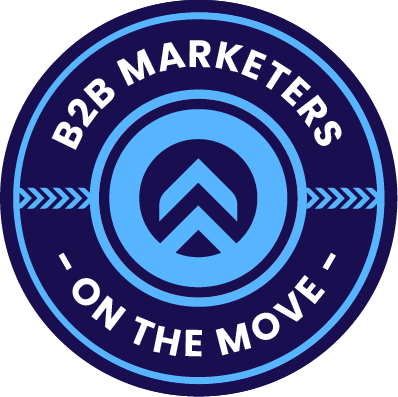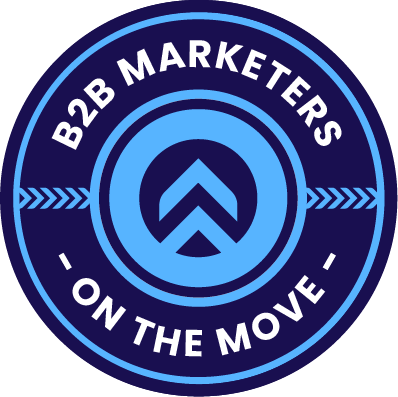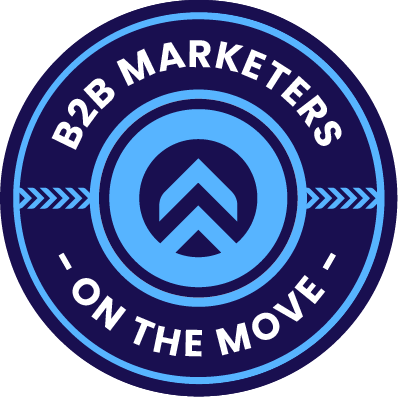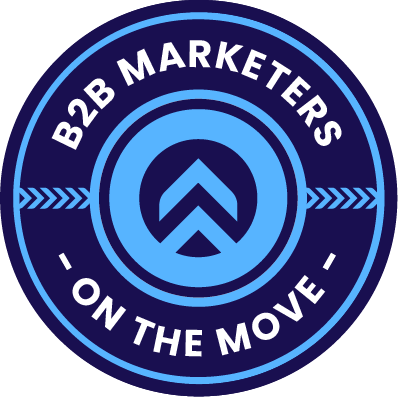When Everyone Has AI How Does Anyone Stand Out? Top B2B Marketing Skills to Differentiate

By Lee Odden
The future of AI and work is a hot topic to say the least. According to the 2025 Workforce Skills Forecast from ServiceNow, by 2030, more than 8 million jobs in the U.S. will be impacted by agentic AI. That said, 8 of the 10 countries they studied will have more work than people to do it suggesting the AI and human partnership is more important than ever.
But what about the impact of AI for our world of B2B marketing? In the 2026 B2B Content and Marketing Trends Report from the Content Marketing Institute, Robert Rose says “AI has hijacked the marketing conversation” with their research finding 95% of B2B marketers saying their organizations use AI-powered applications. Most (48%) in a developing stage of implementation and 5% are in an advanced stage.
While the CMI research shows that 89% of B2B marketers are using AI for content, AI adoption in marketing is moving toward deeper integration beyond content creation. CMI found 53% of B2B marketers using AI for creative assets, 41% for SEO, 38% for social media, 36% for email marketing, 35% for research and insights and 16% for ad optimization.
Overall, confidence in AI use for marketing is building. According to The 2025 State of Marketing AI Report from the Marketin AI Institute, 74% of marketers say AI is very or critically important to the success of their marketing.
Growing confidence means increased investment but adoption is not without its challenges. HubSpot’s 2025 AI Trends report reveals that while 98% of organizations plan to increase AI investment in 2025, only 51% of employees are eager to use AI tools.
While there are productivity gains being realized due to AI implementation, the way that many companies are implementing AI is causing some of their best talent to leave. Analysis from Workday in their 2025 Global Workforce report, shows the impact of challenges in AI communication. Nearly half of employee comments about AI and strategy carry a negative tone with employees citing poor communication, uneven adoption, and added pressure.
Our emergence in B2B marketing from the peak of inflated AI expectations into the trough of disillusionment continues and with increased adoption and greater diversity of impact in marketing functions, the “super power” of AI is more easily accessible than ever. Existing foundational models from OpenAI, Anthropic, Meta, Google and others fuel the chat platforms like ChatGPT, Claude, Gemini and myriad AI-enabled and increasingly AI-first or native platforms that are becoming ubiquitous. Without question, this accessibility is having more impact on the skills B2B marketers need to succeed than ever.
All of this begs the question:
When AI is in everyone’s toolbox, how do B2B marketers best differentiate themselves and their brands?
That’s the question I put to some of the top B2B marketing minds I know, including Michael Brenner, Margaret Mollloy, Christpher Penn, and Kathleen Booth who shared their insights:
“Everyone has access to AI so AI can’t set your brand apart. …read more
Source:: Top Rank Blog










